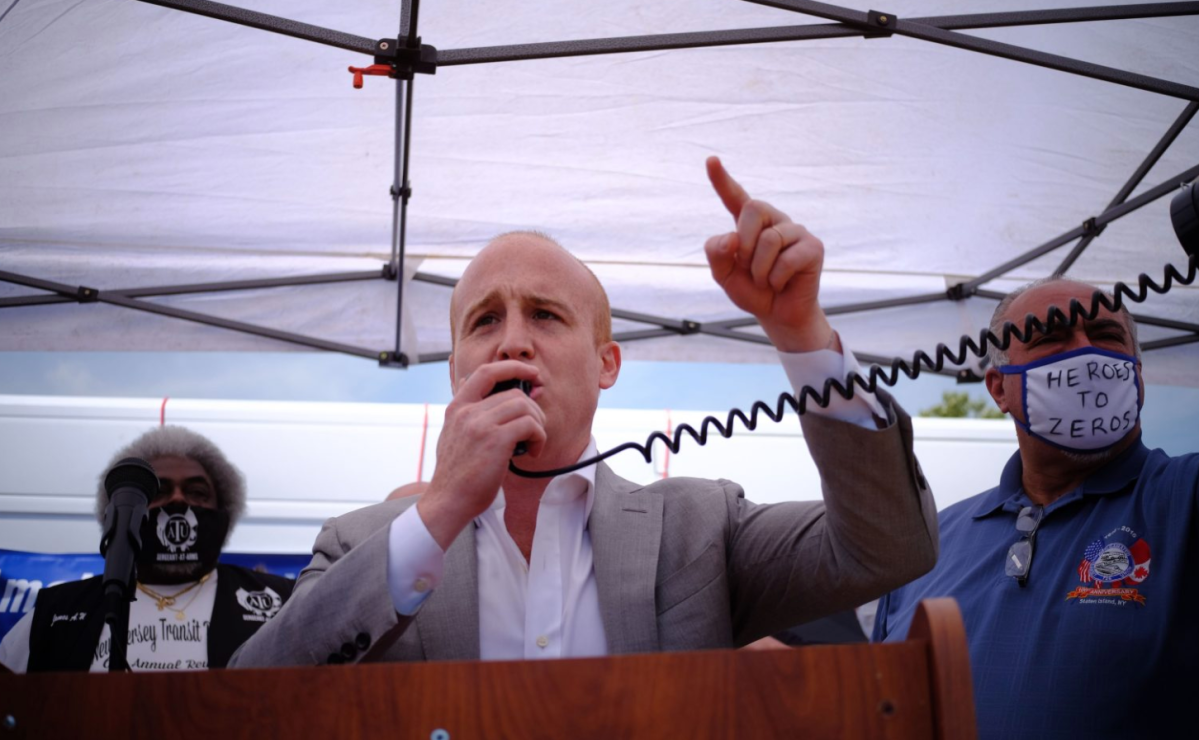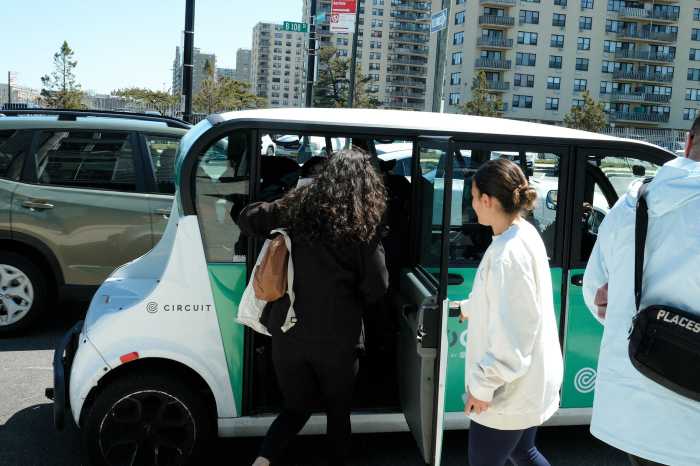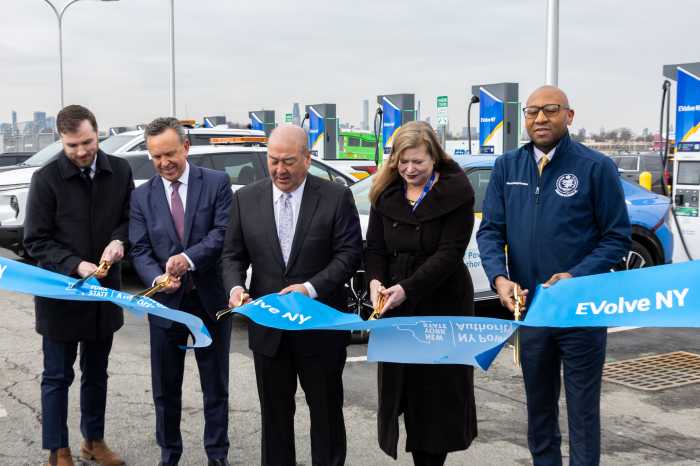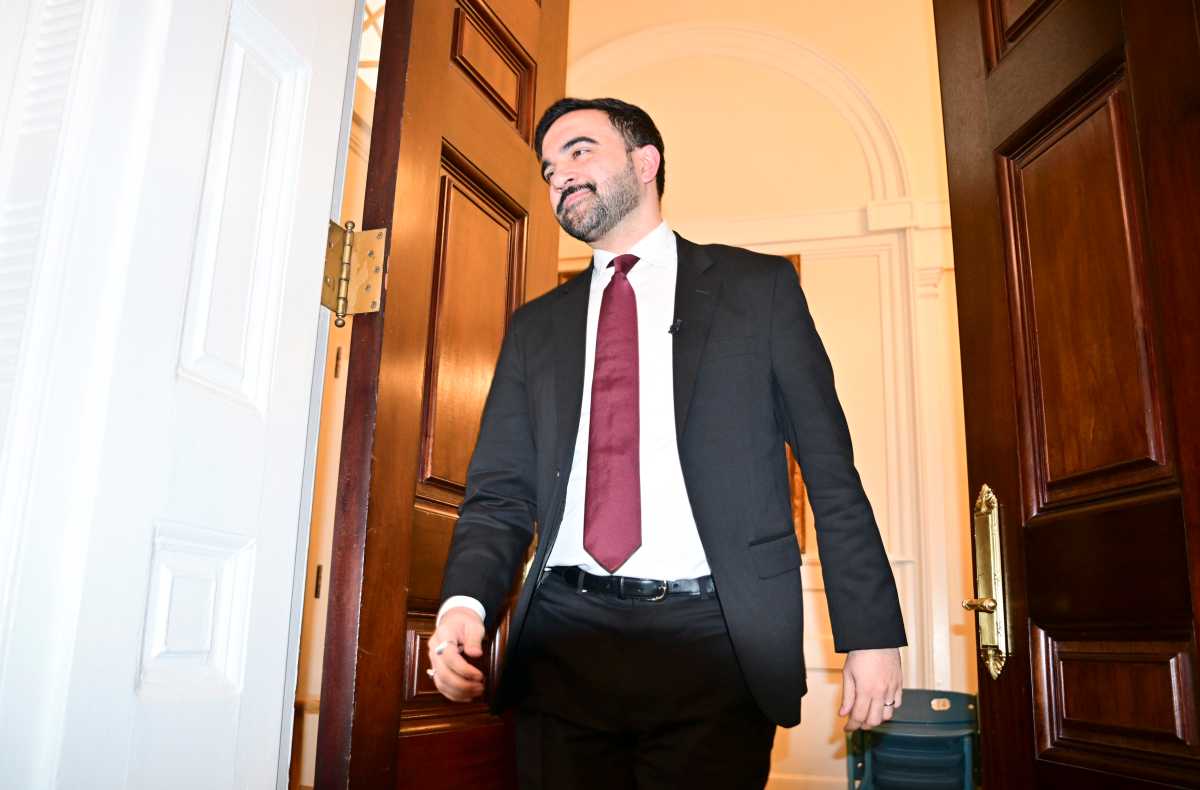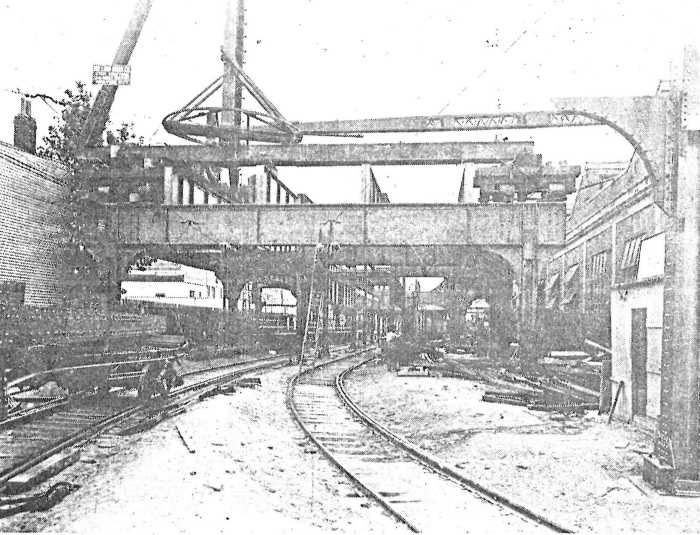Transit workers were a long way from the streets most of them serve in Manhattan, Bronx and Queens on Wednesday, calling on the MTA to provide raises for their service during the height of the COVID-19 pandemic at a rally in Staten Island.
Many speakers and supporters at the rally, dismayed that the agency failed to provide masks on time to prevent over 130 deaths in their ranks as well as a lack of hazard pay, adopted the phrase “hero to zero.”
So far, the MTA has provided increased work-related death benefits to its workers, an increase from $250,000 to $500,000 to those in their staff who died from COVID-19, which eventually came to around 130. But workers feel there needs to be more done for those who survived during the New York on PAUSE period.
According to Transport Workers Union Local 100 President Tony Utano, their organization will bargain for raises despite being told in the past the MTA lacked funding.
“I tell you this, the MTA are a bunch of bums. So fast they forget what we do and so fast do they get on the phone and say, ‘Can you do this?’ We move this goddamn city, night and day in the middle of a pandemic. And then you guys go to the bargaining table and they tell you they got no money? I tell you that’s total bullsh*t,” Utano said at the Eltingville Transit Center.
MTA Chair Pat Foye, in a May radio appearance, said he supported providing hazard pay to transit workers, but that it was not an MTA responsibility.
“Like Governor Cuomo, I support hazard pay as does Senator Schumer, the minority leader of the Senate. That ought to be a federal responsibility and we totally support federal funding for hazard pay,” Foye said on The Wall Street Journal’s The Journal Podcast. “Hazard pay ought to be included in the federal program.”
The fact that the MTA is in dire financial circumstances stems from losing over 92 percent of their ridership between March and June, something which led to demands of over $8 billion to the federal government, $3.8 billion of which they received in the CARES Act.
Much of the funding shortfall for the MTA was from a loss in fares and tolls.
Monday, however, New York City entered the first phase of reopening. As such, interim New York City Transit President Sarah Feinberg announced an 18 percent spike in ridership. This added about 213,000 riders to the subway, bringing overall ridership to around 800,000.
“This is the same thing they did on 9/11, same action. Forget all about who made it happen. You cannot accept zeros, period. You can’t let it happen and I promise you, just like when we were on the streets together when coronavirus came here, we’re going to be on the streets together to make sure you get what you deserve,” Brooklyn Borough President Eric Adams said.
Congressman Max Rose spoke out not against the MTA, but against members of the Democratic Party, to which they both belong. They condemned their counterparts claiming representatives have not come through on campaign promises to unions in exchange for votes.
“Next time my colleagues hear from you, it should be at the polls,” Rose said.
The MTA did not immediately offer a response to the rally.
This story originally appeared on amny.com.

